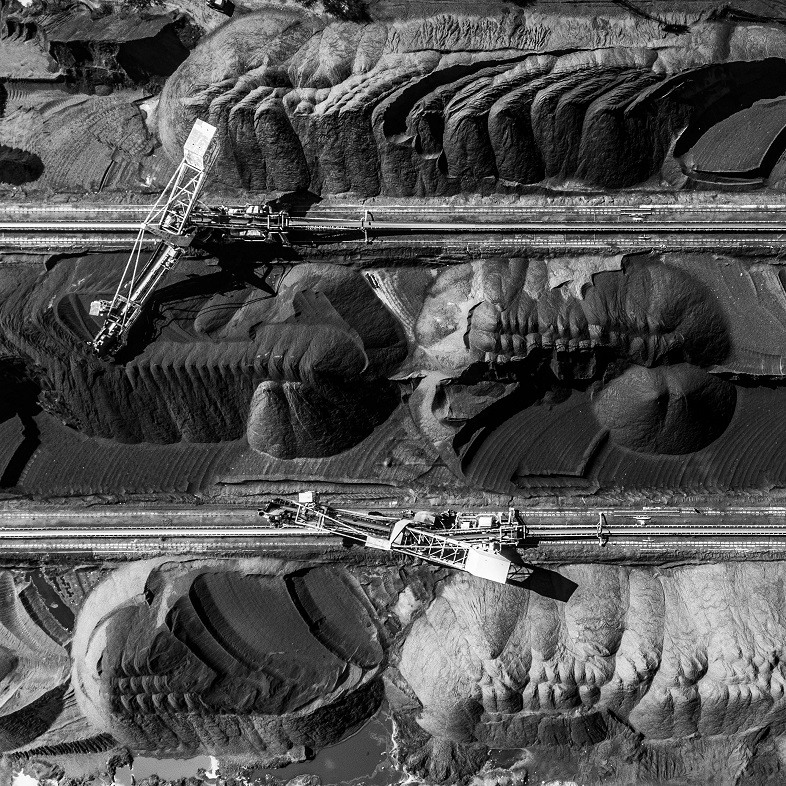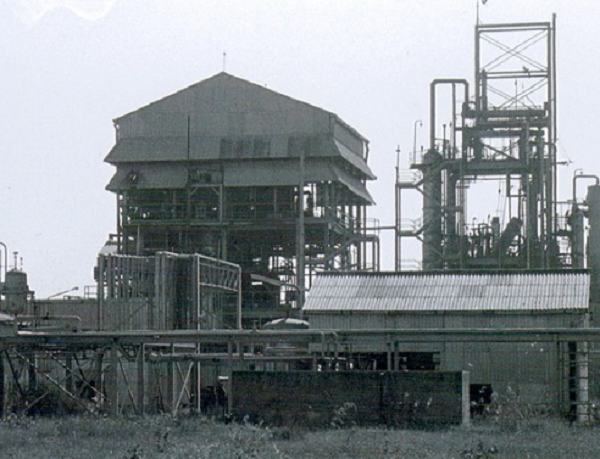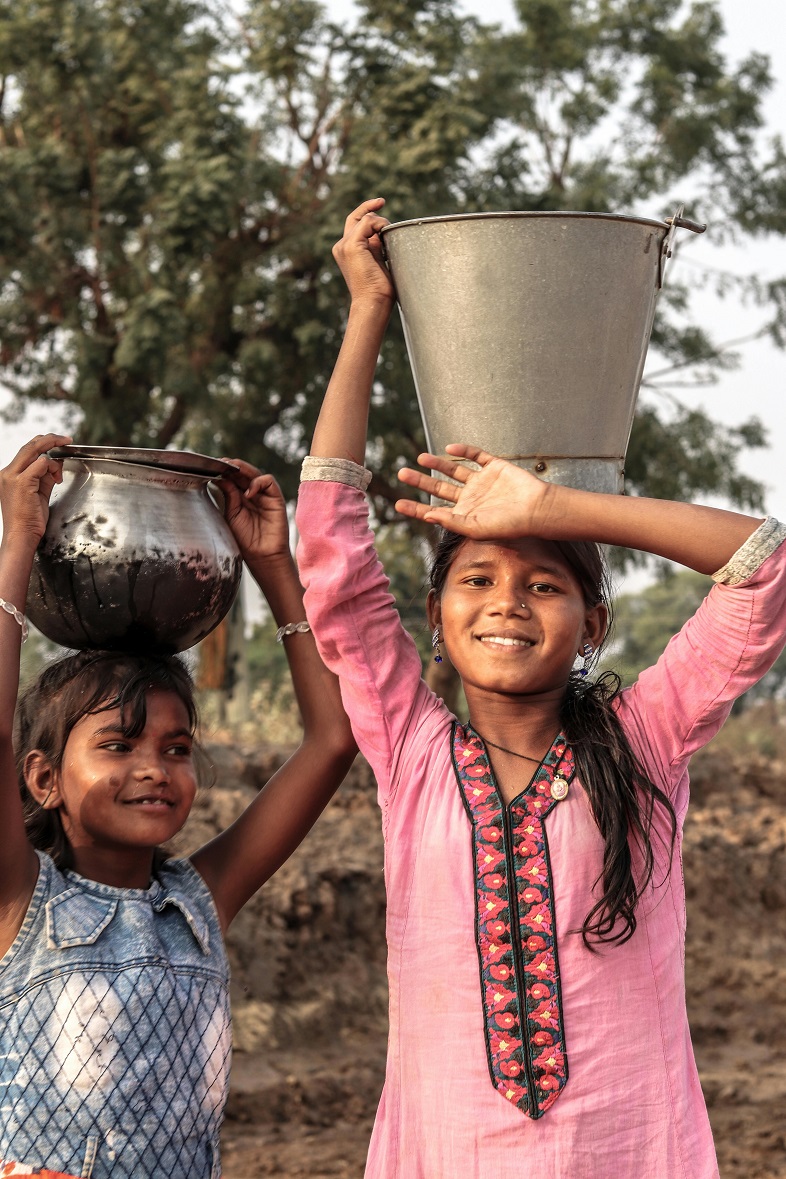-

India’s Climate Progress Impeded by Slow Technology Transfer, Government Reports
India has made significant strides in advancing its climate action efforts, focusing on integrating technologies in areas such as solar, wind, bioenergy, electric vehicles, and carbon capture to promote sustainable development. While the nation has committed substantial domestic resources to meet climate goals, the progress has been constrained by challenges in accessing critical technologies from…
-

India’s Coal Sector Set for Major Changes in 2025: Exchange Launch and Output Expansion on the Horizon
India’s Coal Industry Poised for Transformation in 2025 India’s coal industry is on track for significant expansion and modernization in 2025, with government initiatives aimed at meeting the growing energy demands and enhancing the efficiency of the coal market. Launch of India’s First Coal Trading Exchange India is preparing to introduce its inaugural coal trading…
-

India Begins Disposal of Toxic Waste from 1984 Bhopal Gas Disaster Site
Indian authorities have commenced the removal of hazardous waste from the site of the 1984 Bhopal gas tragedy, one of the world’s deadliest industrial accidents. A total of 337 metric tons of toxic waste, transported in 12 secure containers, is being moved to a disposal facility in Pithampur, located 225 kilometers from Bhopal. The waste…
-

Empowering Women to Combat Water Scarcity: The Impact of Nari Shakti Se Jal Shakti Initiative
India is currently facing a severe water crisis, with forecasts predicting that by 2030, nearly 40% of the population may lack access to clean drinking water. This crisis is exacerbated by climate change, population growth, and unsustainable water practices, putting immense pressure on the country’s water resources. However, the Nari Shakti Se Jal Shakti initiative,…
